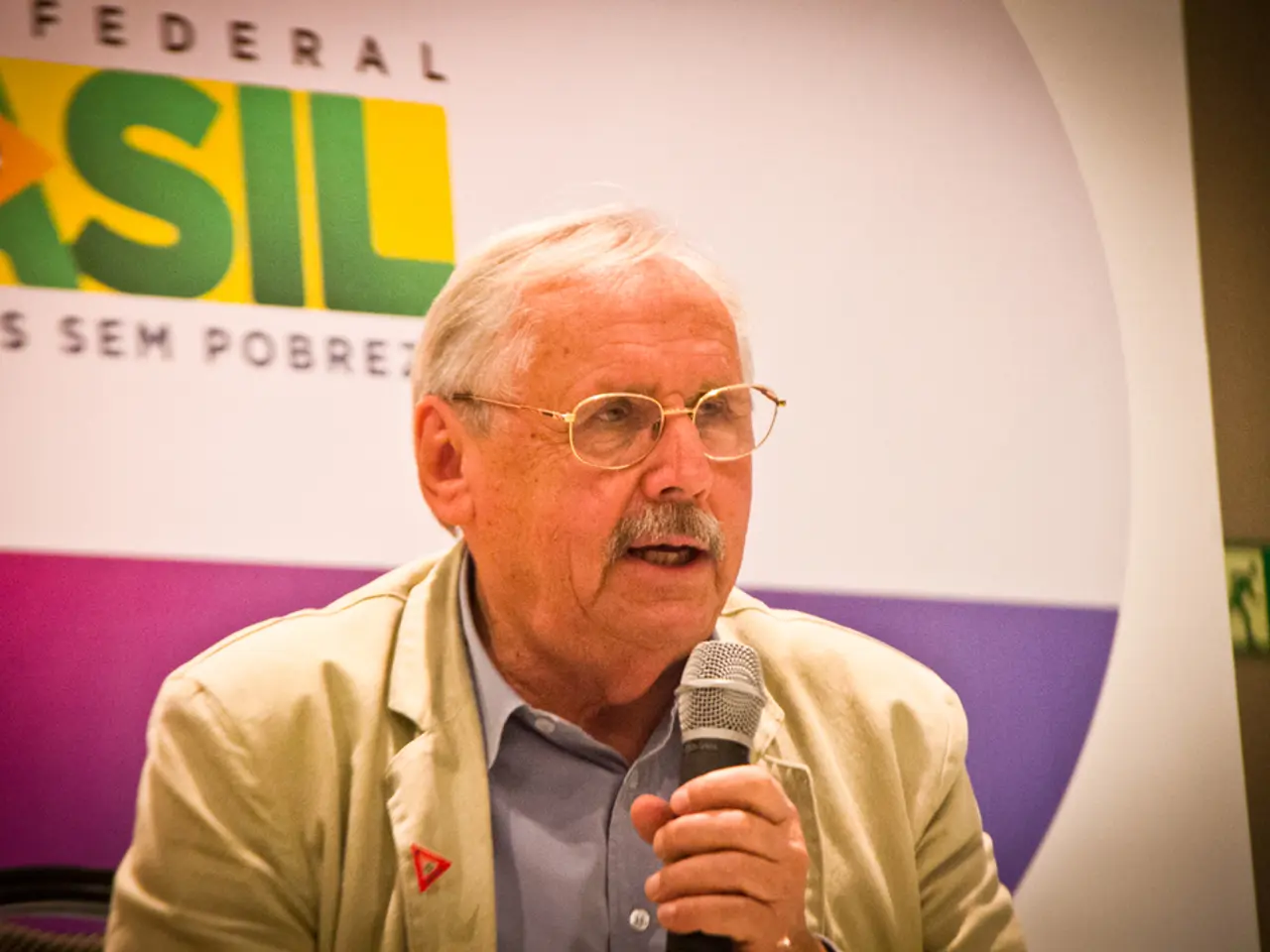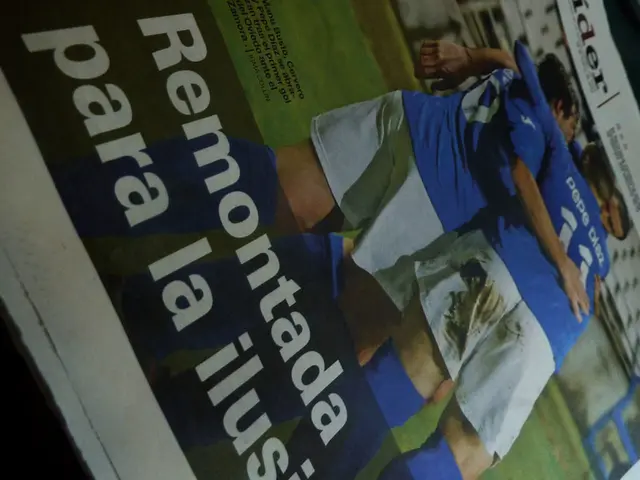"Critics on the internet intensely accuse Trump for his policy towards homeless individuals, deeming it as an unfair punishment for those living in poverty."
In a move that has sparked controversy, President Donald Trump announced his plan to address homelessness in Washington, D.C. The plan, which involves ordering homeless individuals to leave the city under threat of fines or imprisonment if they refuse available shelter and services, has been met with criticism from various quarters.
Trump's plan, which deploys 800 National Guard troops and federal agents to enforce this, and temporarily takes control of D.C.'s Metropolitan Police Department under emergency powers, has been criticised for criminalising homelessness and exacerbating the crisis. The National Homelessness Law Center has condemned Trump's executive order, stating that it promotes policing and institutionalization over supportive housing and health services, and will worsen homelessness, violate basic rights, and drain resources from effective programs.
A key aspect of Trump's plan is the push to place homeless individuals into long-term institutional settings through civil commitment. This approach, which aims to "restore public order" by removing people from the streets forcibly, has been criticised for ignoring the root causes of homelessness such as lack of affordable housing and cuts to healthcare and housing budgets.
Critics argue that this approach is unethical, ineffective, and illegal. They highlight that forced treatment is not a solution to the complex issues surrounding homelessness. Instead, advocates propose a housing-first approach that prioritises providing stable housing and support services to those in need.
The controversy surrounding Trump's plan has also sparked a federal-local conflict over governance of D.C., especially impacting a politically and racially sensitive jurisdiction. Local leaders, including D.C. Mayor Muriel Bowser, have disputed Trump's claims about violent crime, noting actual crime has decreased over the past decades, and argue the move is a politically motivated federal takeover of a majority-Black, Democratic-led city.
Online reactions to Trump's plan have been mixed. Some netizens have raised alarms about the lack of shelter spots and staff for homeless individuals, while others have criticised the plan for lacking empathy. Some have even gone as far as to label Trump's plan as fascism.
White House Press Secretary Karoline Leavitt has clarified that homeless individuals will be given the option to leave their encampment, be taken to a homeless shelter, or be offered addiction or mental health services. However, concerns about the availability and quality of these services persist.
The US Interagency Council on Homelessness, which aims to combat homelessness, has faced challenges in recent times. In April, DOGE's government cuts led to the Council's staff being put on leave, raising further questions about the government's commitment to addressing homelessness.
As the situation unfolds, it is clear that Trump's plan to address homelessness in D.C. is a contentious issue, with critics arguing that it criminalises homelessness, lacks empathy, and fails to address the root causes of homelessness. The plan's execution and impact on the lives of homeless individuals in D.C. remains to be seen.
- Despite the criticism, President Trump's controversial plan to address homelessness in D.C. also drew attention on timely platforms like Twitter, with some users expressing concern about the timeliness of his approach and the lack of empathy shown towards the homeless.
- Amidst the discussion of crime and justice, the general news, and politics, ongoing debates on social media continue to highlight the best of internet-twitter discourses, showcasing differing opinions about the appropriateness and effectiveness of Trump's homelessness plan.








